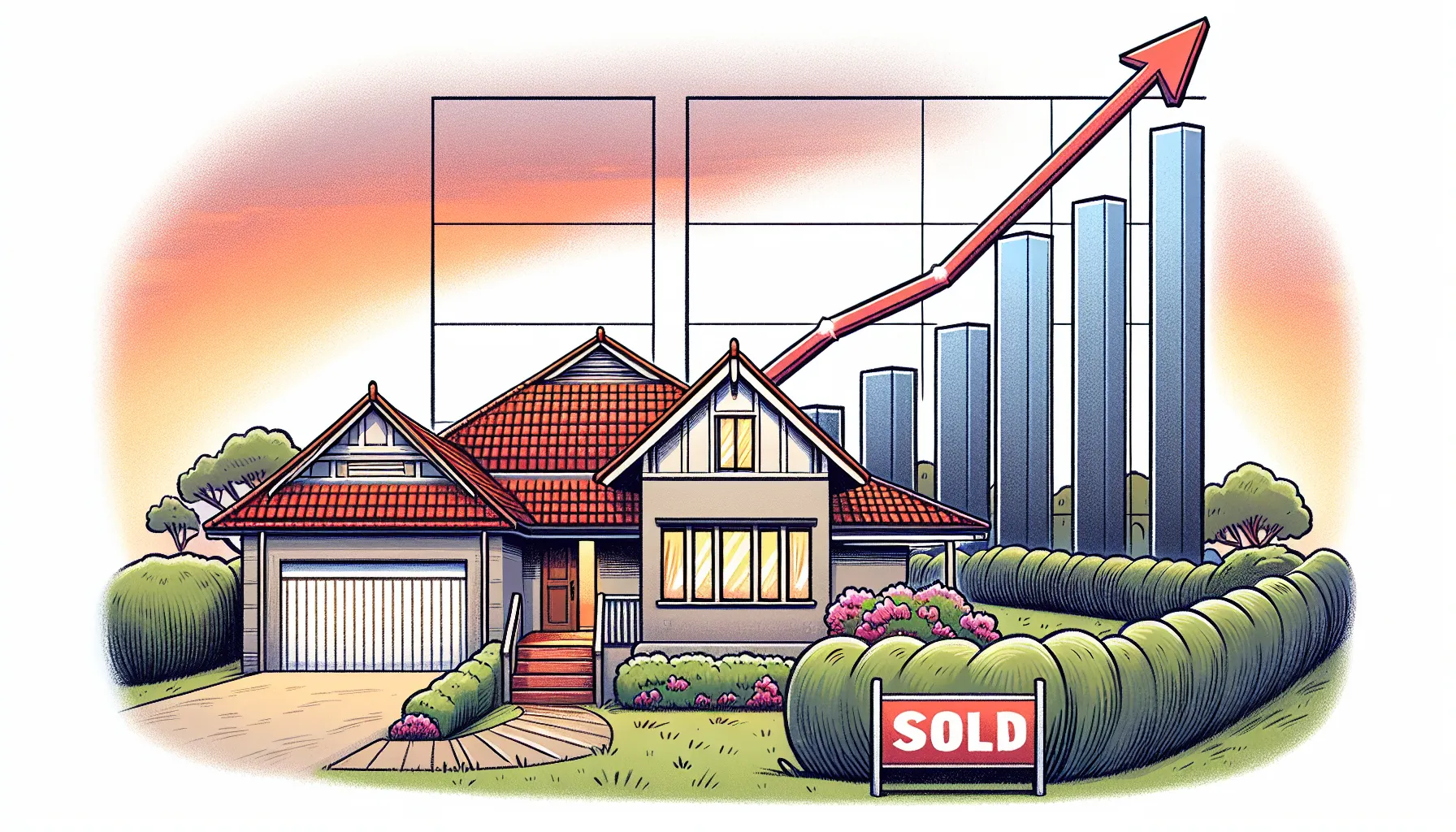Stamp Duty on Second Homes: Navigating the Maze of Additional Costs

Purchasing a second home in the UK might sound like a dream come true, but the reality of stamp duty can be a rude awakening. Stamp Duty Land Tax (SDLT) is a significant consideration when acquiring an additional property. With the right knowledge, though, you can navigate this complex landscape. Are you ready to demystify stamp duty and ensure your dream home doesn’t become a financial nightmare?
Understanding Stamp Duty Land Tax (SDLT)
Stamp duty is not just a pesky extra; it’s a formidable gatekeeper. The SDLT applies to properties over £250,000, with rates climbing as property values increase. But, for a second home, you’ll face an additional 3% levy on top of the standard rates. Let’s break this down to avoid any unpleasant surprises.
Standard SDLT Rates
| Property or Lease Premium | SDLT Rate |
|---|---|
| Up to £250,000 | 0% |
| £250,001 to £925,000 | 5% |
| £925,001 to £1.5 million | 10% |
| Over £1.5 million | 12% |
Additional SDLT for Second Homes
When acquiring a second home, the SDLT rates are higher across the board:
- 3% on the first £250,000
- 8% for properties between £250,001 and £925,000
- 13% for values from £925,001 to £1.5 million
- 15% on any amount over £1.5 million
SDLT Example
Consider buying a second property worth £500,000. Your SDLT calculation would look like this:
- 3% on £250,000: £7,500
- 8% on the remaining £250,000: £20,000
- Total SDLT: £27,500
First-Time Buyers and Reliefs
First-time buyers can benefit from SDLT reliefs. If you’re purchasing your first home, you pay no SDLT up to £425,000 and 5% on the portion between £425,001 and £625,000. Over £625,000, standard rates apply.
Special Considerations for Non-Residents
Are you buying property in the UK but reside outside for most of the year? Non-UK residents face an additional 2% surcharge on top of the SDLT rates for second homes. This means potentially paying up to 17% SDLT on high-value properties.
Replacing Your Main Residence
Selling your main home to buy another? You won’t pay the extra 3% if you complete your sale before your new purchase. However, if there’s a delay, you’ll initially pay the higher rate but can apply for a refund once your previous home is sold.
The AnySqft Advantage
Navigating SDLT can be daunting, but with AnySqft’s AI-driven platform, you’re not alone. Our technology analyzes market trends and provides personalized insights to simplify your property journey. From buying to selling, AnySqft ensures a seamless experience, guiding you through the intricacies of stamp duty with ease.
Final Thoughts
Understanding and planning for SDLT is crucial when buying a second home. With additional costs potentially reaching tens of thousands, being informed is your best strategy. Whether you’re a first-time buyer or adding another property to your portfolio, knowing the ins and outs of SDLT can save you both money and stress. Are you ready to embark on this journey with confidence?
Stamp Duty on Second Home
When purchasing a second home in the UK, expect to pay Stamp Duty Land Tax (SDLT) at higher rates. Here’s a quick rundown:
Current Rates:
- Up to £250,000: 0% + 3% (additional)
- £250,001 – £925,000: 5% + 8%
- £925,001 – £1.5M: 10% + 13%
- Over £1.5M: 12% + 15%
Key Considerations:
- Non-residents pay an additional 2%.
- First-time buyers may qualify for discounts.
For expert guidance, use AnySqft to optimize your property decisions and navigate SDLT with confidence. Explore AnySqft today!
